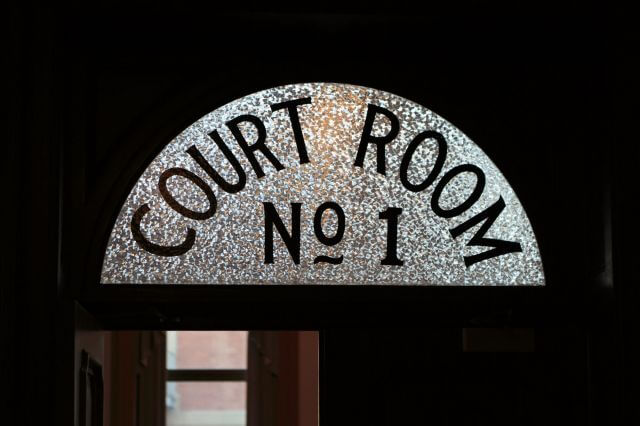
26 Jun What is Probate?
Probate.
Just about everyone has heard you’re supposed to avoid it. To most people, it can be a big bad boogeyman of legal affairs and dying. The number one goal, by a long shot, when I speak with clients about their concerns, is “I don’t want my family to deal with probate”.

Most people, though, don’t really know what probate means. For starters, let’s lay out why it happens. Remember when I talked about the two things everyone needs to know to organized their (after)life? “Thing 2” was what didn’t automatically transfer to someone else or what wasn’t held in trust. Assets that are stuck.

What we in the business call, probate assets.When individual assets don’t say where they’re supposed to go, they by default go to your estate. The amount and type of assets determine whether you need a personal representative (some states use the classic term, executor). A personal representative is someone who is appointed by the court to have the duty of collecting, administering, and distributing the estate. The probate process appoints the executor.
So, where does your estate go? It depends.

If you have a will, the probate process will determine whether it’s the correct one the follow, meaning that it’s the last expression of the person when they were competent enough to understand generally what they had and who their relative are. If there’s a valid will, the personal representative takes in the assets, pays the debts and expenses, and distributes what’s left over according to the will.
So. The will doesn’t avoid the probate process. It’s a tool for the probate process.
Wow. Right?
Anyway. So what happens if you don’t have a will? Your state fills in the blanks. It uses presumptions based on your family situation on what they thing most people would do. Those laws are called intestacy laws.
What the probate process actually looks like depends on how many “stuck” assets you have, how clear your documents are, how squirrely your family gets, and what state you’re dealing with. Some states are terrible. Some states aren’t bad as long as no major controversies come up. In general, all probate processes start with applying to the court and letting everyone know (like family members and creditors, typically including a notice in the paper). The court then appoints the personal representative. Once everything is collected, liquidated, paid off, and creditors get their chance to come out of the wood work, the personal representative accounts for everything in the estate and proposes how to split the rest up. If everyone agrees, the estate gets closed.
That’s a probate process.
This week on the podcast, I’ll talk about Thing 2 assets. Click on the sidebar or head over to ITunes or Spreaker.



Pingback:Estate Planning As You Own Stuff – An Organized (after)Life
Posted at 21:25h, 12 July[…] Remember. There are two types of assets people have when they die. The first type are those that pass automatically and the second type are those that are stuck. Those that are stuck will require some type of legal process to determine who should get it and who’s responsible for getting it to where it should go. That’s a probate. […]
Pingback:Probate Terms - An Organized (after)Life
Posted at 15:41h, 17 October[…] Probate: a legal proceeding to appoint a personal representative to act on behalf of an estate. If testamentary documents are present, it will also determine whether testamentary documents exist. These proceedings also determine who serves as guardian or conservator for minor children or adults who can not act on their own behalf. […]
Pingback:Bonus Podcast Episode: Chadwick Boseman Estate
Posted at 15:21h, 28 November[…] –What Is Probate? […]